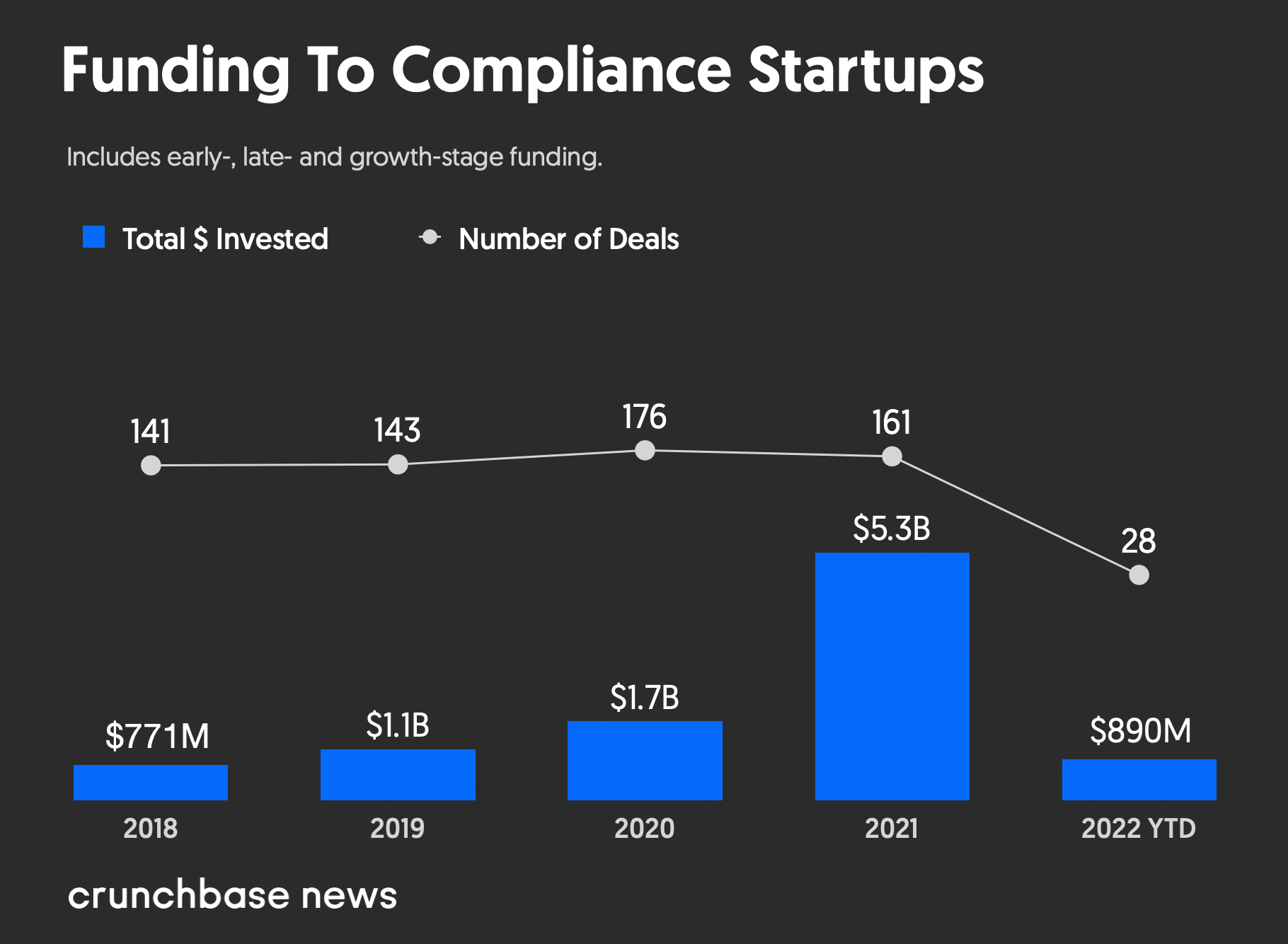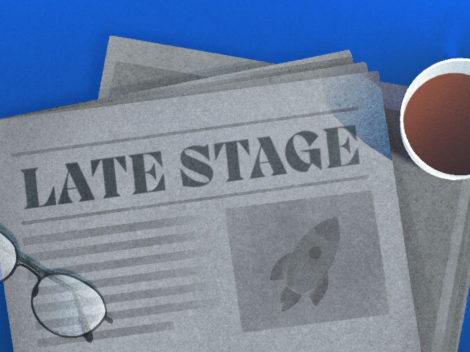When Russian forces attacked Ukraine last month, the U.S. and its allies imposed strict sanctions on doing business with the eastern power, cutting off more than half of Russia’s high-tech imports and restricting its access to technological inputs.
As those sanctions have been added to on a seemingly daily basis, companies have been left to scramble to make sure they are complying—many with the help of a sector that is often not talked about but is very much growing.
“This is not a sexy space,” said Martin Markiewicz, CEO and co-founder of Silent Eight—which leverages AI to create custom compliance models for financial institutions. “But it is hard, especially when you have to do it at a global level.”
Search less. Close more.
Grow your revenue with all-in-one prospecting solutions powered by the leader in private-company data.
Compliance tech—regtech, as some call it—can help companies follow rules and laws surrounding the world of finance, health care, privacy and more. As regulations have grown with new laws—such as the The European’s Union’s General Data Protection Regulation—so has the compliance sector as companies seek to keep up through automation what they once did manually.
“Ten years ago, humans could spreadsheet these things,” said Mukund Goenka, co-founder and CEO of Regology, which curates regulations globally to help businesses with compliance. “But now, even if you are in manufacturing or IoT, you cannot do that.”
More regulations, more money
As regulation has grown, so has investment in the space. While pretty niche just five years ago, investment into VC-backed compliance companies exploded last year—just as data and privacy issues were bubbling over.

The sector has seen a steady uptick in dollars invested through the years: Compliance funding jumped from $1.7 billion in 2020 to more than $5 billion last year. It is nearing $1 billion this year after just about 10 weeks.
While the industry has seen more cash, it also has had more to deal with than ever—including now wide-ranging sanctions due to war spurred on by a superpower.
“We did see a big increase last week to this week in the number of sales calls,” said Goenka, who added the increase was about 3x.
Regology—which raised an $8 million Series A last August—keeps a database of laws and regulations for more than 30 countries, and tracks more than 4,000 sources around the world daily to keep its customers current on any changes that may affect them.
Goenka said the day after Russia’s invasion of Ukraine, a fellow company that came out of Y Combinator with Regology called him. The startup has both a Ukrainian and Russian founder.
“They were like, ‘What do we do?’” Goenka said.
While many just think about money when it comes to the announced sanctions, Goenka said it’s important to remember it involves much more. For example, the new sanctions can involve a U.S. company that has designed a product that is being built abroad and sold in Russia.
“It’s very complicated,” he said.
It’s only growing
However, complexity is nothing new for those in compliance. As advancements in technology have quickened, so have regulations.
“Ten to 20 years ago, the world was simpler,” Goenka said. “It was complex, but simpler. But innovation has sped up. Now governments are looking to safeguard their interests.”
Silent Eight’s platform helps financial institutions make business compliance decisions around onboarding of customers and transactions, and cooperating with authorities when something seems suspicious. The company just closed a $40 million Series B last month.
“There’s just so much complexity around this, countries have so many different compliance issues,” Markiewicz said.
“The world is changing around us all the time,” he adds. “It doesn’t matter if it’s war or something else.”
U.K.-based Encompass helps its users—including banks and energy traders—figure out who really is transacting through their platform and making sure those institutions are following their own policies evenly through automation to keep them compliant.
The company just raised approximately $33 million this week in what co-founder Roger Carson called an oversubscribed round.
“We had a lot of interest,” said Carson of the fundraising process. “There’s so much money in the space because everyone knows banks will adopt it if it solves problems.”
Carson said while the current sanctions add another layer to helping keep companies compliant, they also just really are another illustration of the need—and what is becoming the expectation among regulators—that companies use technology to keep abreast of the changing regulatory world.
“There is an increasing expectation that since there is technology available, you should be able to do better,” he said.
With so much money in the compliance space and large publicly traded companies like NICE and ServiceNow—as well as private ones including Quantexa and ComplyAdvantage—it is fair to wonder if consolidation may come to the sector.
“I do think you’ll see consolidation over the next two to three years,” Carson said. “Banks don’t want five different tools they have to interpret. They want a platform.”
Illustration: Dom Guzman

Stay up to date with recent funding rounds, acquisitions, and more with the Crunchbase Daily.





![Illustration of stopwatch - AI [Dom Guzman]](https://news.crunchbase.com/wp-content/uploads/Halftime-AI-1-470x352.jpg)






67.1K Followers